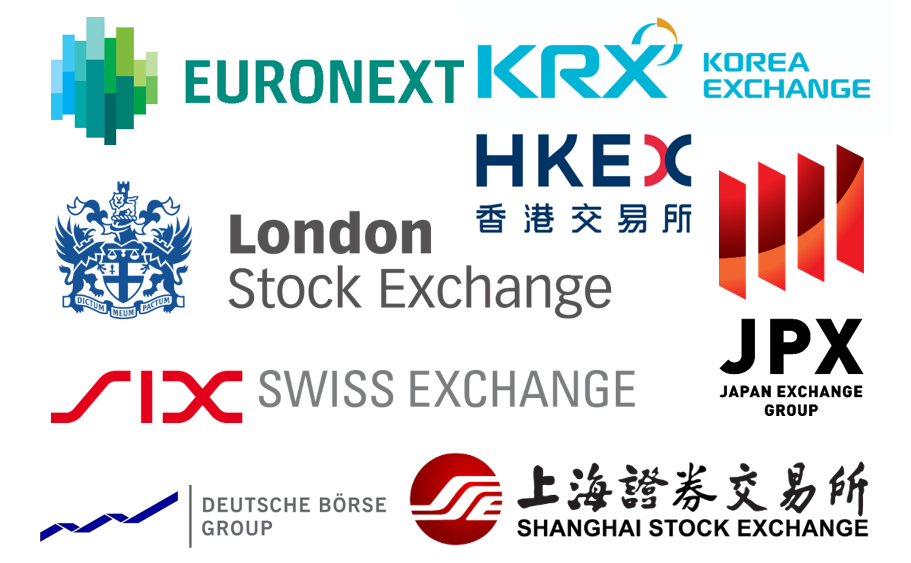Global Stock Markets Slide Monday, China Reports Uptick in New Virus Cases

By Joe McDonald
BEIJING (AP) — Global stock markets slid Monday after China reported an uptick in new virus cases and analysts warned optimism the disease is under control might be premature.
Indexes in London and Frankfurt were lower in midday trading and Tokyo, Hong Kong and Seoul closed lower. Shanghai edged up after spending most of the day in negative territory.
A decline last week in daily Chinese reports of new virus cases fed investor optimism the disease and its economic impact might fade. But economists and industry analysts warn the outbreak still is weighing on retailing, tourism, electronics, shipping and other fields.
Markets took the decline “as an early indication of containment,” Vishnu Varathan of Mizuho Bank said in a report.
“But this may well prove to be premature relief,” said Varathan, adding that the market relief “is at best shallow, if not essentially no relief, at this point.”
In Europe, London’s FTSE 100 fell 0.2% to 7,452 and Germany’s DAX shed 0.3% to 13,473. France’s CAC 40 retreated 0.4% to 6,007.
On Wall Street, the futures for the S&P 500 index and for the Dow Jones Industrial Average were both down about 0.1%.
In Asia, Tokyo’s Nikkei 225 closed down 0.6% at 23,685.98 and Hong Kong’s Hang Seng lost 0.6% to 27,225.13.
The Shanghai Composite Index bucked the trend and gained 0.5% to 2,890.49, suggesting government-backed entities bought shares to shore up public confidence.
In Seoul, the Kospi sank 0.5% to 2,201.07 and Sydney’s S&P-ASX 200 was 0.1% lower at 7,012.50. India’s Sensex shed 0.6% to 40,910.93.
China reported 3,062 new virus cases in the 24 hours through midnight Sunday. That was up 15% from Saturday’s tally in a reminder of enduring uncertainty about the disease, which has prompted authorities to cut most access to the central city of Wuhan and impose travel and other restrictions on others.
China’s central bank promised additional lending to companies involved in fighting the virus. The government promised tax cuts and subsidies to farmers, makers of medical supplies and other companies.
Authorities are using targeted loans and government spending instead of a broad-based stimulus, Iris Pang of ING said in a report.
“It seems that policymakers do not want to confuse emergency policies with standard easing policies,” said Pang. “We may not see broad-based economic policy actions in the near term.”
Since mid-January, central banks in Malaysia, the Philippines and Thailand have cut interest rates to cushion against the impact of anti-disease measures.
On Wall Street, stocks snapped a four-day winning streak and fell Friday but closed out the U.S. market’s best week in eight months.
Stronger corporate earnings and hopes that global central banks can support markets had helped to diffuse fears about the Chinese virus. But analysts said investors took profits Friday amid lingering uncertainty about the virus’s global impact.
ENERGY: Benchmark U.S. crude lost 7 cents to $50.25 per barrel in electronic trading on the New York mercantile Exchange. The contract fell 63 cents on Friday. Brent crude, used to price international oils, gave up 10 cents to $54.37 per barrel in London. It slid 46 cents the previous session.
CURRENCY: The dollar rose to 109.76 yen from Friday’s 109.72 yen. The euro gained to $1.0952 from $1.0948.
_____
Source: AP News



